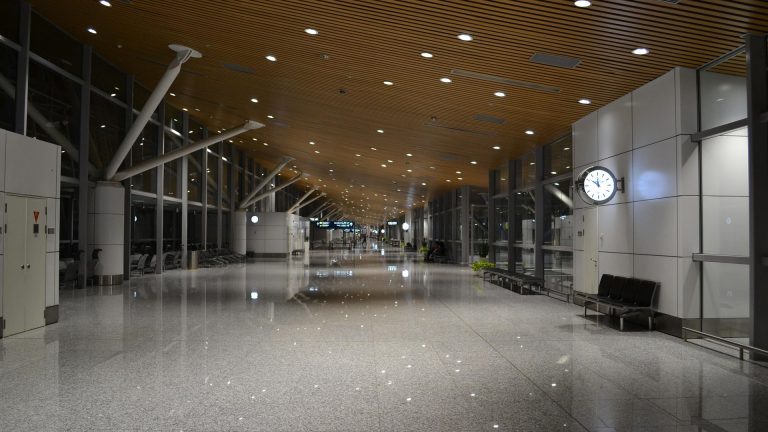The future of the material handling industry is at a crossroads in America. A declining workforce, decreased interest in blue collar jobs and negative perceptions about pay and job satisfaction threaten the future of material handling. The short-term solution for survival is to hire an increasingly immigrant workforce, mount a PR campaign to revamp our image, and automate to minimize manpower strain, says Benoit Montreuil of the College Industry Council on Material Handling Education (see our April 18 post). “I believe that each of these three solutions has merits in specific settings,” said Montreuil, “but that it will be insufficient for addressing the scale and scope of the emerging crisis.”
If we are to survive as an industry, material handling must change its basic paradigm, warns Montreuil. He believes that by automating many of the steps in warehousing and logistics, we have stripped workers of the opportunity to think, make decisions and have input into their jobs, the very things that provide job satisfaction. When workers are merely required to follow a pre-determined pattern, as in pick-to-light solutions, they become little better than robots, says Montreuil. By removing the challenge from the job, he believes, we are losing our most important resource — the intelligent, innovative worker.
The alternative paradigm that Montreuil envisions is a material handling industry that relies on highly-skilled, certified logistics professionals operating in self-sufficient teams in distribution centers, factories and logistics applications around the world. These professionals would be “trained to exploit all the physical handling and transport technologies,” says Montreuil, combining automation with manual operations to achieve maximum efficiency. In his utopia, Montreuil sees a material handling industry that offers “career paths for their talented workforce.”


